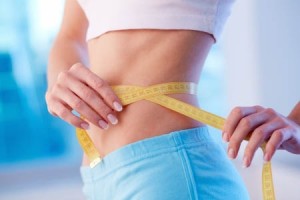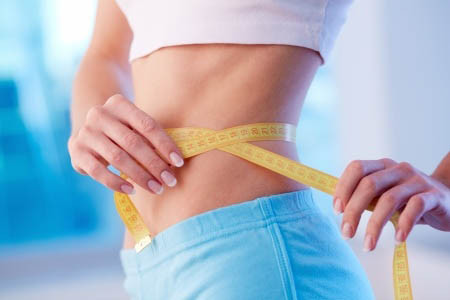Nov 3rd 2025
Eat More Early in the Day; Weigh Less
 A growing body of exciting new research supports the old adage, “Eat breakfast like a king, lunch like a prince and dinner like a pauper, especially the “dinner like a pauper” part. It seems that human physiology works best when we consume most of our calories early in the day and have a light meal at night.
And if you’re trying to lose weight, two studies have shown that when the number of calories consumed, energy spent and sleeping times were kept constant, dieters who ate a big breakfast or lunch lost considerably more weight than those who saved their calories for a big dinner.
A Spanish study recruited 420 overweight/obese men and women to follow a 1,400 calorie per day diet for 5 months. However half of the group ate their main meal before 3:00 p.m., while the other half ate theirs after 3:00 p.m.. Those eating early lost an average of 22 pounds; the late eaters lost an average of 17.
In a second study, 93 overweight/obese women with metabolic syndrome (a constellation of symptoms that raises risk for diabetes and heart disease) were divided into two groups: a Breakfast (BF) group, which ate 700 calories for breakfast, 500 calories for lunch, and 200 calories for dinner, and a Dinner (D) group, which ate 200 calories for breakfast, 500 calories for lunch, and 700 calories for dinner. After 12 weeks, the BF group had lost an average of 17.8 pounds; the D group an average of only 7.3 pounds. The BF group also had an easier time staying on the diet—they felt more satisfied and less hungry.
Meal timing influences a great many factors having to do with circadian rhythms, including hormones that have to do with metabolism like cortisol, insulin, glucagon, leptin and others; liver and intestinal enzymes; body temperature; and digestion and absorption.
Although obesity and weight loss are complex issues with many factors involved, if you’re trying to lose weight it would certainly seem reasonable to try eating a substantial breakfast and lunch and a lighter dinner.
References
1) Garaulet M. Timing of food intake predicts weight loss effectiveness. International Journal of Obesity. April 2013;37(4):604-611.
2) Jakubowicz D. High caloric intake at breakfast vs. dinner differentially influences weight loss of overweight and obese women. Obesity. December 2013;21(12):2504-2512.
3) Garaulet M. Timing of food intake and obesity: A novel association. Physiology & Behavior. 2014, In press.
A growing body of exciting new research supports the old adage, “Eat breakfast like a king, lunch like a prince and dinner like a pauper, especially the “dinner like a pauper” part. It seems that human physiology works best when we consume most of our calories early in the day and have a light meal at night.
And if you’re trying to lose weight, two studies have shown that when the number of calories consumed, energy spent and sleeping times were kept constant, dieters who ate a big breakfast or lunch lost considerably more weight than those who saved their calories for a big dinner.
A Spanish study recruited 420 overweight/obese men and women to follow a 1,400 calorie per day diet for 5 months. However half of the group ate their main meal before 3:00 p.m., while the other half ate theirs after 3:00 p.m.. Those eating early lost an average of 22 pounds; the late eaters lost an average of 17.
In a second study, 93 overweight/obese women with metabolic syndrome (a constellation of symptoms that raises risk for diabetes and heart disease) were divided into two groups: a Breakfast (BF) group, which ate 700 calories for breakfast, 500 calories for lunch, and 200 calories for dinner, and a Dinner (D) group, which ate 200 calories for breakfast, 500 calories for lunch, and 700 calories for dinner. After 12 weeks, the BF group had lost an average of 17.8 pounds; the D group an average of only 7.3 pounds. The BF group also had an easier time staying on the diet—they felt more satisfied and less hungry.
Meal timing influences a great many factors having to do with circadian rhythms, including hormones that have to do with metabolism like cortisol, insulin, glucagon, leptin and others; liver and intestinal enzymes; body temperature; and digestion and absorption.
Although obesity and weight loss are complex issues with many factors involved, if you’re trying to lose weight it would certainly seem reasonable to try eating a substantial breakfast and lunch and a lighter dinner.
References
1) Garaulet M. Timing of food intake predicts weight loss effectiveness. International Journal of Obesity. April 2013;37(4):604-611.
2) Jakubowicz D. High caloric intake at breakfast vs. dinner differentially influences weight loss of overweight and obese women. Obesity. December 2013;21(12):2504-2512.
3) Garaulet M. Timing of food intake and obesity: A novel association. Physiology & Behavior. 2014, In press.
 Fuel your life with the purest vitamins
Fuel your life with the purest vitamins
